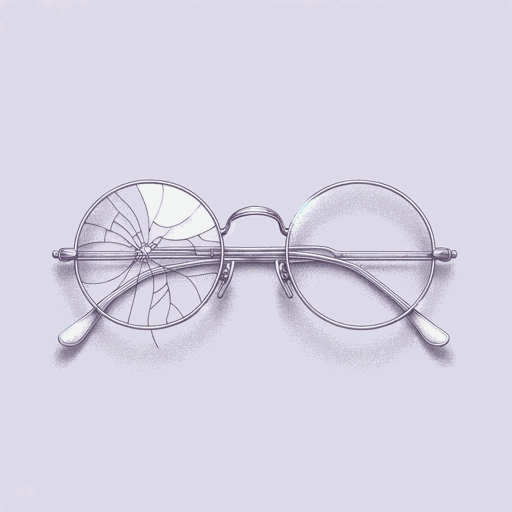36 pages • 1 hour read
Sigmund FreudOn Dreams
Nonfiction | Book | Adult | Published in 1901A modern alternative to SparkNotes and CliffsNotes, SuperSummary offers high-quality Study Guides with detailed chapter summaries and analysis of major themes, characters, and more.
Background
Authorial Context: Freud’s Lasting and Widespread Influence
Freud is considered the father of psychoanalysis, a process for treating mental illness that involves exploring repressed memories and the unconscious mind. Many Freud scholars curated a vision of Freud’s life as one of solitary genius, but the psychologist’s ideas were heavily influenced by earlier concepts, many of which were outdated in Freud’s time, including Lamarckianism. Much of Freud’s work has been discredited, particularly because it is falsified, meaning that his theories cannot be tested using a scientific method. The psychologist’s ideas about women, sex, and gay men are considered outdated and even offensive; he attributes femininity and being gay to early childhood experiences and the concept of the castration complex. However, Freud’s work has profoundly influenced modern psychology and philosophy, and his theories have permeated popular culture.
Freud’s theories of the Oedipus complex and the superego infiltrated popular knowledge, and literature teachers utilized Freud’s concepts to analyze literary work. Comedians joke about Freudian slips, referring to a malapropism that indicates an unconscious desire, and films like Alfred Hitchcock’s 1945 Spellbound feature overt Freudian references. Freud and his ideas are culturally pervasive enough to have been referenced in unlikely places, such as the comedic film Bill & Ted’s Excellent Adventure and Bob Dylan’s song “My Own Version of You.
Related Titles
By Sigmund Freud

Civilization And Its Discontents
Sigmund Freud

Moses and Monotheism
Sigmund Freud

The Freud Reader
Sigmund Freud

The Future of an Illusion
Sigmund Freud

The Interpretation of Dreams
Sigmund Freud

The Uncanny
Sigmund Freud

Three Essays on the Theory of Sexuality
Sigmund Freud

